Offered on the Memorial of Saint Romuald (19 June, 2019) in the Lady Chapel of the Basilica of the Sacred Heart on the campus of the University of Notre Dame during solemn Evensong, a service I was asked by Dr Timothy O’Malley of the McGrath Institute for Church Life to plan and lead as Cantor, as part of one of their annual summer conferences.
Romuald is a true saint for the domestic church. He was a Benedictine monk who fell asleep on this day in the year AD 1027. In Dante’s Divine Comedy, we find at one point Saint Benedict himself indicating to the pilgrim the presence of contemplatives, who are named “fires,” and these included Macarius (a desert father) and Romuald. His devotion to Christ was fueled by his many mystical experiences of God’s presence in solitude while praying the Psalms. So much so that he felt driven out of a strictly coenobitic life in Benedictine community and rather devoutly experiment with the eremitic life, so as that between the life of community and the life of a hermit in solitude and what he saw as inherent tension between the two, there might be forged a new kind of harmony. His biography was written by none other than Saint Peter Damien, holy doctor of the Church, he is the founder of the Camaldolese Order (an outgrowth of the Order of Saint Benedict), and Romuald left us a Brief Rule that I think might be seen as a “How to Get Started” chapter in as yet unwritten, but probably never to be written, “Operations Manual” for the domestic church. But to explain that, I first need to back up.
It was at last summer liturgy conferences that Dr O’Malley asked me to put together a plainsong Evensong in the Anglican tradition for this year’s conference. It had become known (because I use social media more than the average person) that I had been conducting an experiment in my home, based in plainsong and the daily Offices (the Anglican equivalent to the Liturgy of the Hours) – that my family (my wife and our then four daughters whom we were homeschooling) might be ready to make the leap from the short, ten-minute form of daily chant developed from my study of Anglican pastoral theologian and priest Martin Thornton that we had used for four years, into chanting Matins and Evensong (Morning Prayer and Evening Prayer) everyday. Sufficed to say, the experiment has taken. Two years in, and it has become the anchors of our family’s life, both in terms of routine but more importantly, in terms of our devotion to the Most Holy Trinity, it has spread within our parish, where we have daily Matins and Evensong in our chapel and have formed a plainsong choir in our parish (now 14 people strong) that has had three solemn Evensong services within the liturgical calendar (Eve of Michaelmas, Eve of Presentation, and Eve of Pentecost), and, we are here.
Let me report that it is mind-blowingly wild that the waves of a homeschooling experiment in Pekin, Illinois might come to shore in the Lady Chapel of the Basilica of the Sacred Heart. The Providence of God is real and active, and grace has been bestowed in two ways: one, to hear His invitation to give this experiment in domestic church a try, and two, to be steady during the ups and downs of its implementation which were adventurous as most things in a family often are.
I arrived at this prayer of thanksgiving, not to boast in anything I have done, but to boast in what our loving Lord has done; and my gratitude was clarified by our two lessons of sacred scripture, as well as the example of Saint Romuald – all three of which present to the question of the domestic church the Light of Christ.
The account of Samuel’s encounter with the Lord draws our attention to the domestic environment, the unique culture of our homes. We want the environment, the ecology, of our homes to be such wherein the space of our home, and the pattern of our life in it, is one where God can be heard: like Samuel heard God, even where God calls our name, like he called Samuel’s name. Also, our passage helps us t o dispense with the need for our home life to be a perfect haven of pure devotion by all members of the family. God called Samuel despite the word of the Lord being rare in those days and no frequent vision. The only concrete description was that Samuel was sleeping in relative proximity to the Ark of God, which for us is a prefigurement of Our Lady. In his introduction to Redemptoris Mater, Joseph Ratzinger wrote that Mary’s faith means trust in God and obedience, even
when one walks in darkness. Perhaps in terms of concrete practice, devotion to Our Lady within the domestic church, even one that may seem far from a space that realizes the sacred, is a sure foundation for an environment to emerge and grow in the home in which we can hear God, and is the way to begin to develop one, that our response to God’s call of us is not slothfully ignored but rather that of Samuel, “Here I am!”
It is to the characteristic of adventure in prayer that Saint Luke’s account of the parents of Jesus finding Him in the Temple when He was twelve years old draws us towards. Let us assume that the domestic church life of the Holy Family was the ideal model of sanctity, fellowship, prayer – and really, the type of the eucharistic life realized in the home. All the more reason for us to be encouraged in our family lives by the fact that even for Mary and Joseph, whose intimacy and closeness with Jesus are a permanent and inexhaustible catechesis for the Church, even for them there were moments when Jesus felt far away. This is all part of the ebb and flow of the Christian life – between consolation and desolation, between presence and absence, between real communion and desire for communion. This is the Christian adventure, and it demands heroism on the part often of parents, who are uniquely empowered by God by the grace of their marriage to help the whole family find Jesus again; and it demands native heroism on the part of children, who through their curiosity and wonder show new ways to find Jesus, to echo Samuel’s “Here I am.”
All of this would be “Saint Romuald approved,” and here I circle back to my assertion that Romuald is a true saint for the domestic church, with particular emphasis on the helpfulness of something he wrote, called his Brief Rule. First of all let us recognize that the patterns of day to day life today compared with 150 years ago are dramatically different, a primary reason for which is the technology of the automobile dramatically transforming cities, so much so that life for many of us in our
homes is more like the life of Christian hermits than we might be comfortable admitting. Although we gather in social spaces of our cities and towns (I don’t think Bowling Alone is quite right as whenever I bowl, the lanes are filled with large groups of people) and of course although we gather in our parish churches, we often do not know our neighbors, or many of them, or see our fellow parishioner but once a week, if not less often. Home life, even with large families, is often analogous to the hermit’s cell – we are not divorced from wider society, but we often encounter them in in strikingly anti-incarnational ways on social media and even the telephone, and families often “do their own thing.”
And so the first sentence of Romuald’s Brief Rule is topical. It reads, “Sit in your cell as in paradise.” We would translate, “Be in your home as in paradise,” not because we falsely think our homes are the Church Triumphant itself in microcosm, but rather “paradise” as Jesus described it to the confessing thief next to Him on the cross, “Today you will be with me in paradise.” Our homes are this kind of paradise: where we work by grace through the process of everyday purification and purgation knowing that Jesus is very close with us, and has chosen to come close to us and walk with us. And that process of everyday purification – the home as paradise – is the arranging of our lives in and through the pattern of home life so as to be like Samuel, sleeping by the Ark of God, or for us, with a daily family devotion to Our Lady in the home, thereby able to hear God calling his name. That parents and children can hear God calling to them and guiding them.
Later in his Brief Rule, Romuald teaches us to “take every opportunity you can to sing the Psalms in your heart and to understand them with your mind.” He continues, “And, if your mind wanders as you read, do not give up; hurry back and apply your mind to the words once more.” So yet, let us pray the Psalms in our homes. Yet there is another insight here: Just as if our mind wanders, hurry and apply it to the words again, if we lose our sense of the presence of Christ amid the ebb and flow of religious life like Mary and Joseph lost track of Jesus, let us not beat ourselves up, but go immediately and passionately to find Him. In doing so, we let ourselves be found by Him. Mary and Joseph passionately sought Jesus; let us persevere to find Him in the Psalms, or even as he taught one Psalm, because as he taught, “It is better to pray one psalm with devotion and compunction than a hundred with distraction.”
Romuald finishes his Brief Rule with these words: “Realize above all that you are in God’s presence, and stand there with the attitude of one who stands before the emperor. Empty yourself completely and sit waiting, content with the grace of God, like the chick who tastes nothing and eats nothing but what his mother brings him.” Mary brings us Jesus, and so in that sense, the traditional image of the mama pelican who pecks at her breast to feel her children is also an image of Our Lady, whose own soul was also pierced with a sword, the sword of the Spirit, that her sorrow and eucharistic glory at the foot of the Cross might guide us and feed us.
Blessed Mary, Mother of God, and Saint Romuald, pray for us.

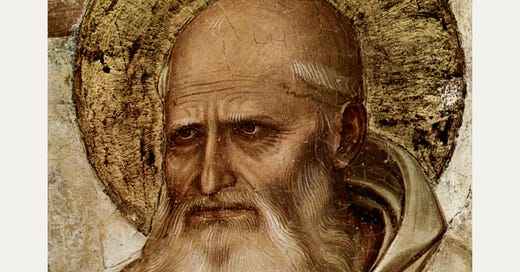

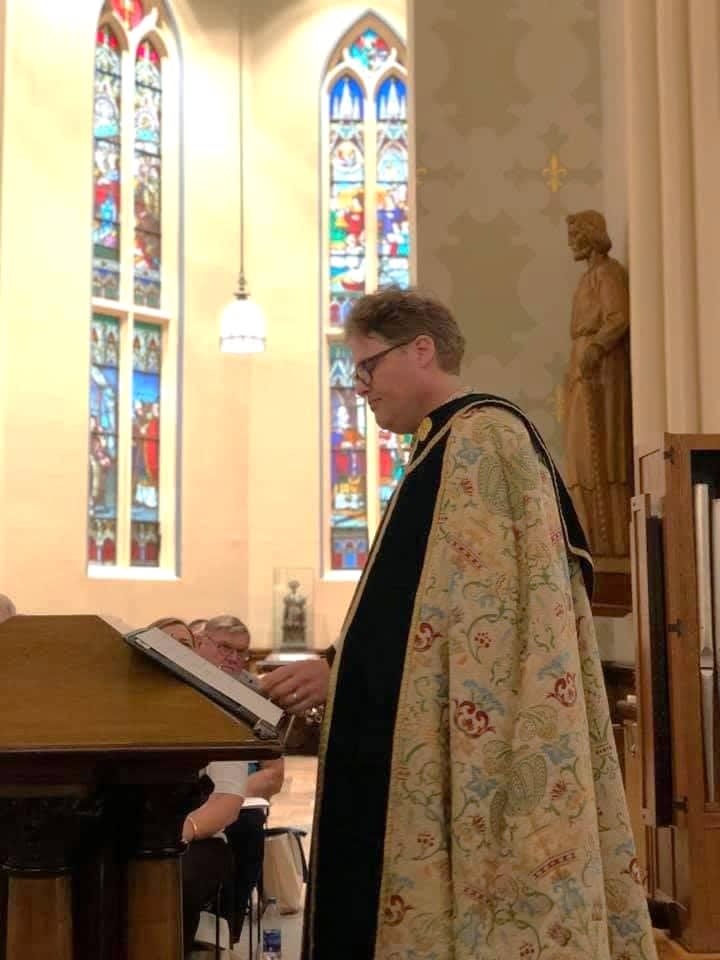
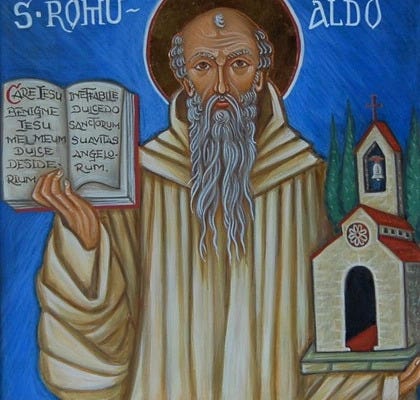


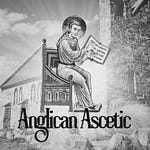
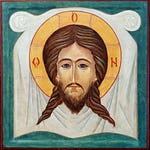
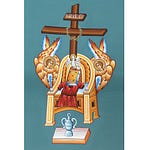

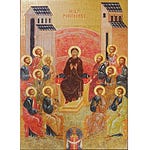
Share this post